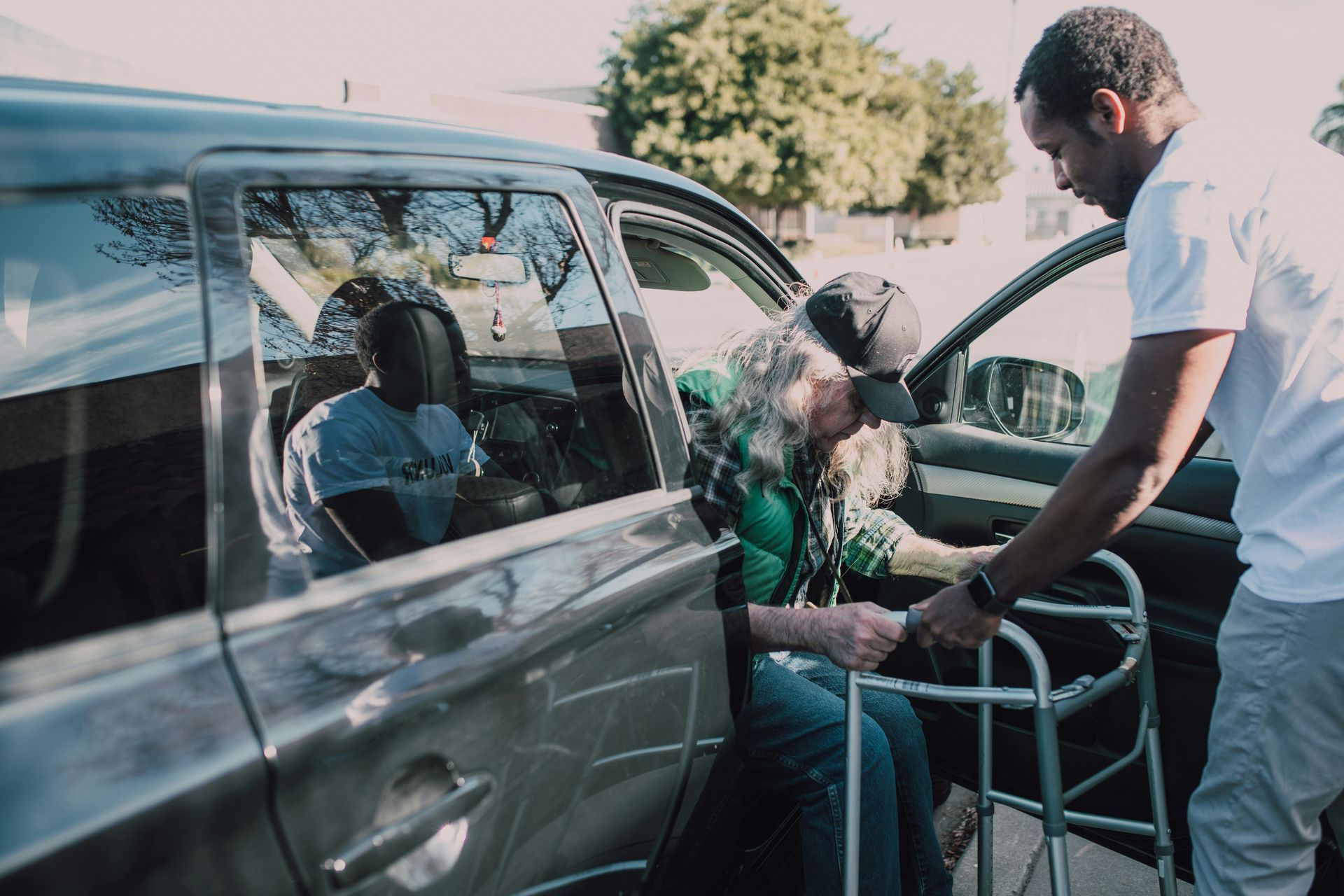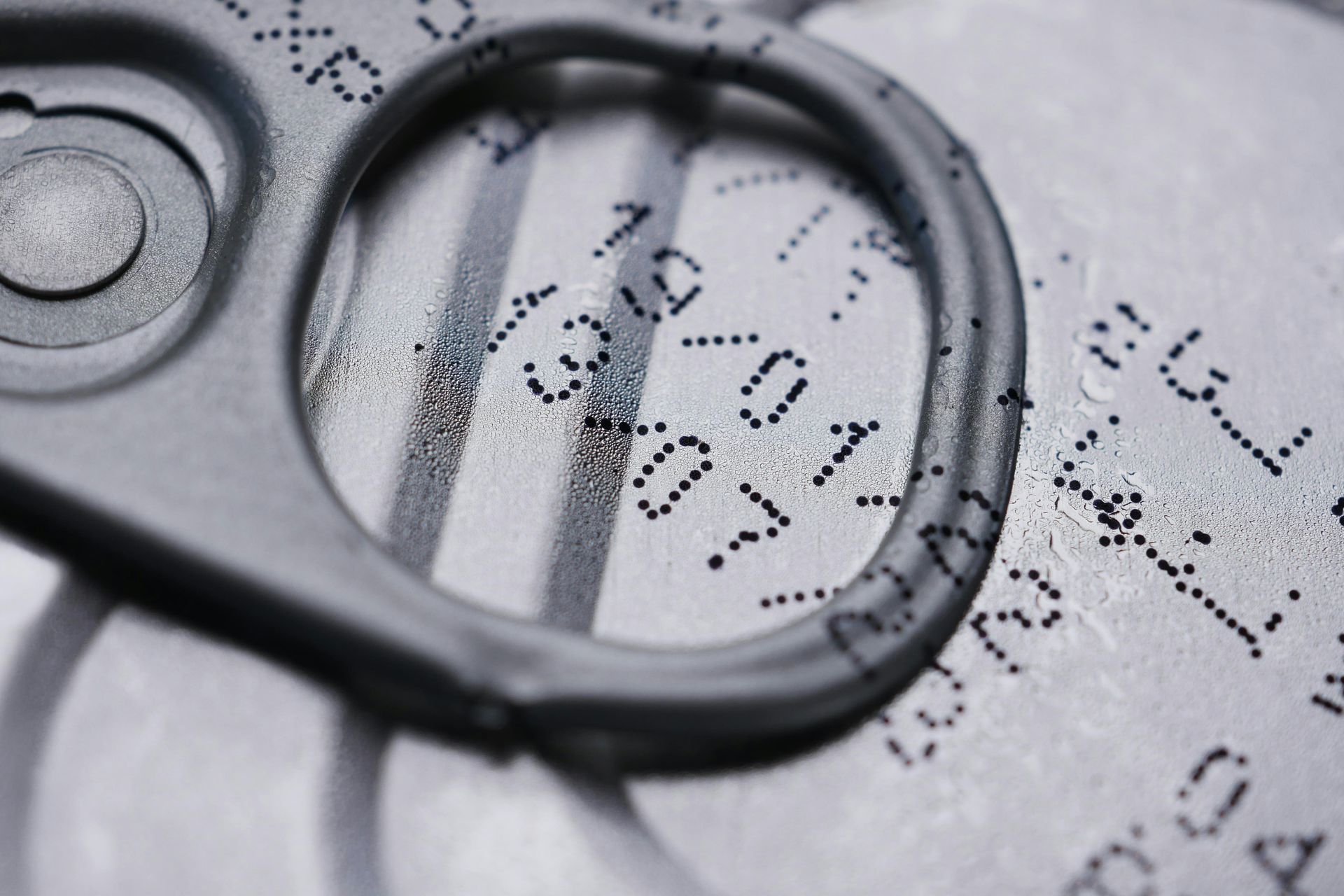When Does Social Security Disability End?
When Does Social Security Disability End?

Social Security Disability benefits (SSDI or SSI) provide a lifeline for people who cannot work due to severe medical conditions. But many clients ask us the same question: “Do my disability benefits last forever, or can they end?”
The answer is: it depends on your situation. Below, we break down the main reasons Social Security Disability can end, so you know what to expect.
1. Medical Improvement
Social Security does not assume disability is permanent. Your case is subject to Continuing Disability Reviews (CDRs).
- If medical evidence shows your condition has improved enough for you to work, your benefits may stop.
- Reviews typically happen every 3–7 years, depending on your condition. Severe or permanent disabilities are usually reviewed less often.
2. Returning to Work
Social Security encourages people to try working again. However, working too much can end your benefits.
- In 2025, earning over $1,620/month (before taxes) is considered Substantial Gainful Activity (SGA).
- If you consistently earn above that limit, your SSDI may stop.
- SSI has different income rules: benefits decrease as you earn, and can stop if income or resources rise above the limits.
3. Reaching Retirement Age
SSDI automatically converts to Social Security Retirement benefits when you reach full retirement age (66–67 depending on your birth year).
- Your payment amount usually stays the same.
- SSI can continue after retirement age if you still meet the low-income requirements.
4. Non-Medical Reasons
Social Security Disability can also end for reasons unrelated to your health:
- Incarceration: Benefits stop if you are imprisoned for more than 30 days.
- Moving abroad: SSDI may continue if you live outside the U.S., but SSI generally cannot be paid outside the country.
- Failure to cooperate: If you do not provide requested information, attend medical exams, or respond to SSA notices, benefits may stop.
5. Death of the Beneficiary
Disability benefits end at death, but surviving family members may qualify for survivor’s benefits.
Key Takeaways
- Disability benefits do not automatically last forever.
- They can stop due to medical improvement, work activity, retirement age, or non-medical issues.
- Every case is different — some people receive benefits for life, while others end sooner.
Need Help Protecting Your Benefits?
At Crossroads Disability, we help clients apply for benefits, fight denials, and protect their benefits during reviews. If you’re worried about losing your benefits, contact us today for a free consultation. You don’t pay unless we win.
If you are not receiving disability benefits, and want to apply, click here for a free disability case evaluation.










